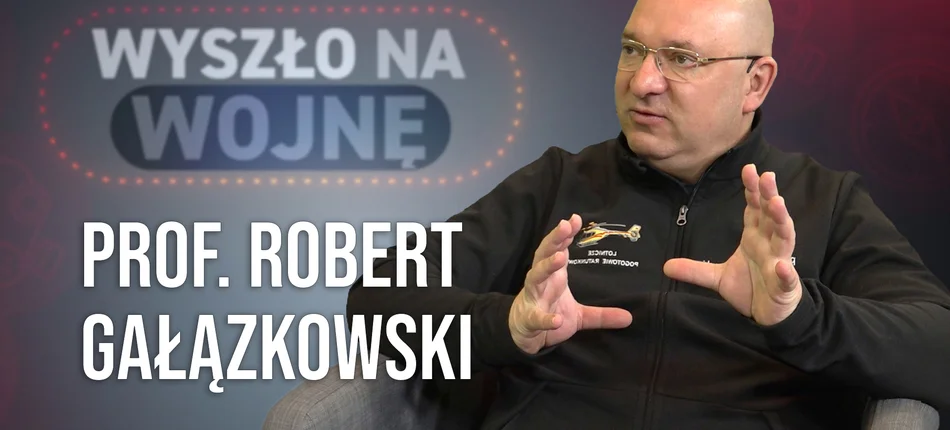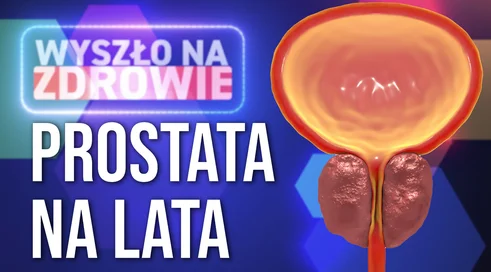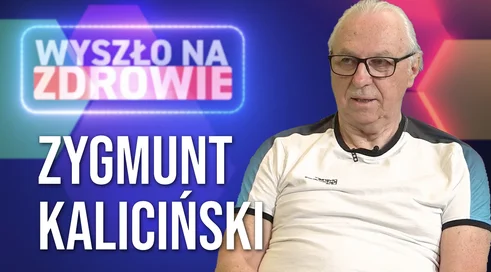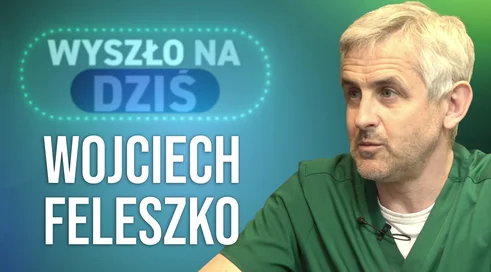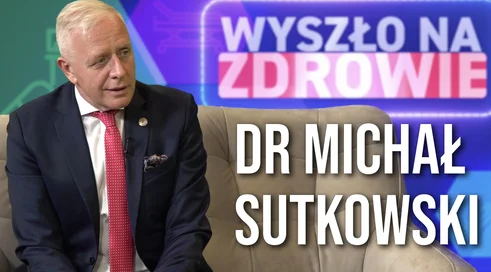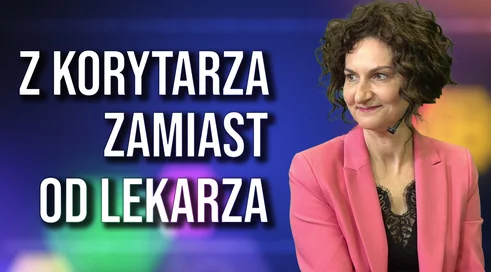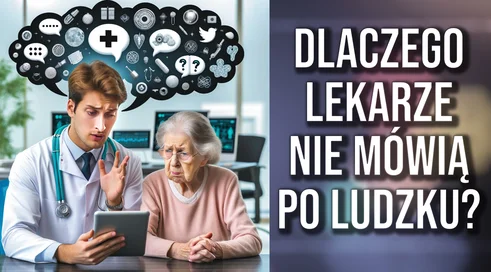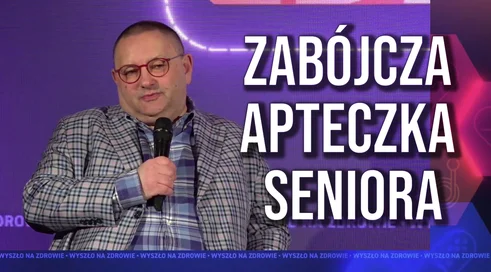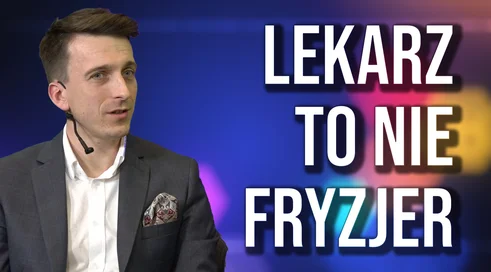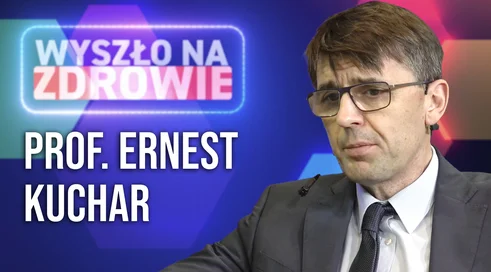- Something happened that was a violation of the Geneva Convention. Within the first two months, 200 rescuers, doctors, nurses who rode in ambulances to save the wounded were killed. The Russians shot at them like ducks.
- Today we have to deal with doctors with medical staff especially working in the East, who get dozens of injuries day after day. In them, the level of PTSD is so high that they can, with a patient on the table, walk out of the operating room, bang their heads on the wall a few times, come back and operate.
- We today must absolutely prepare for this, for the reason that actions on the part of the Kremlin are incalculable.
- The key is the need to train as many rescuers, nurses who function in pre-hospital rescue precisely in battlefield medicine.
- Are we today able to accept what has been standard in Israel for many years, that ambulance equipment includes helmets, bulletproof vests as standard? This has become standard in Ukraine today.
- Today the moment has come for it to be the front-line Ukrainian doctors who teach us, our doctors, how to prepare to operate on a patient who arrives dying on the table with a gunshot wound, that is, other than, for example, from an accident.
You were in charge of the Air Ambulance for 16 years, and since February you have been the head of the LPR mobile medical security group. I would like to emphasize that you were actually there from the beginning of the war in Ukraine three months after the outbreak of those hostilities. Since then you have been organizing training courses in Ukraine and Poland for medics in battlefield medicine. Tell us about your first experiences and impressions.
I had worked with Ukraine for 15 years before, so I am very familiar with the medical environment in Ukraine. I also got to know the human relations there and the hospital infrastructure. My first visit was right after the attack on Kiev, and the images I saw then horrified me. Ukraine then was at such a moment, when the theater of war, the change in the rules of conflict or war in general, very quickly showed how important it was to prepare the health care system, (because that's what we're talking about), for the consequences of warfare. Very quickly there was a shortage of drugs for anesthesia, strong painkillers, antibiotics with a very broad spectrum of action. This is what the specifics of this war turned out to be. The introduction of drones into offensive operations completely changed the nature of the wounds sustained by civilians and by soldiers. These were no longer gunshot wounds, but were largely, 80 percent, wounds from shrapnel, bullets or it was the drones. Something happened that was a violation of the Geneva Convention, namely, within the first two months, 200 rescuers, doctors, nurses, who were riding in ambulances to rescue the wounded, were killed. The Russians simply shot at them like ducks. And that's what our first talks were about, the first meeting in the MZ. There I got a request to take a systemic approach to the training of m...
Content locked
To gain access to the complete English section of the Medexpress.pl, kindly reach out to us at [email protected].



